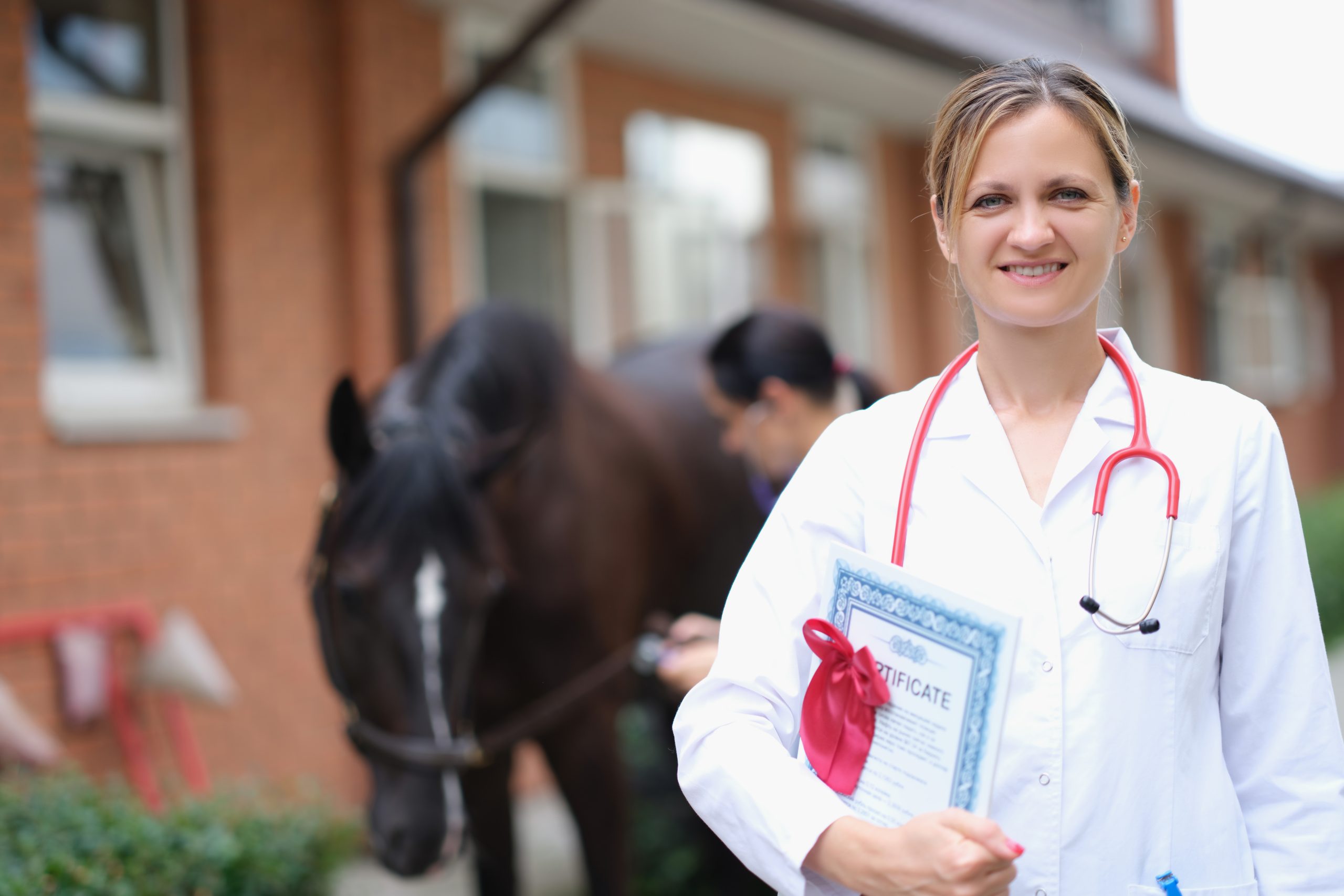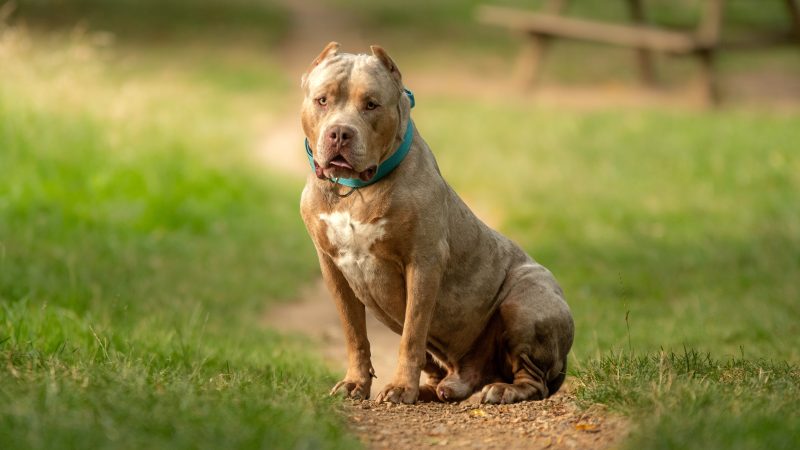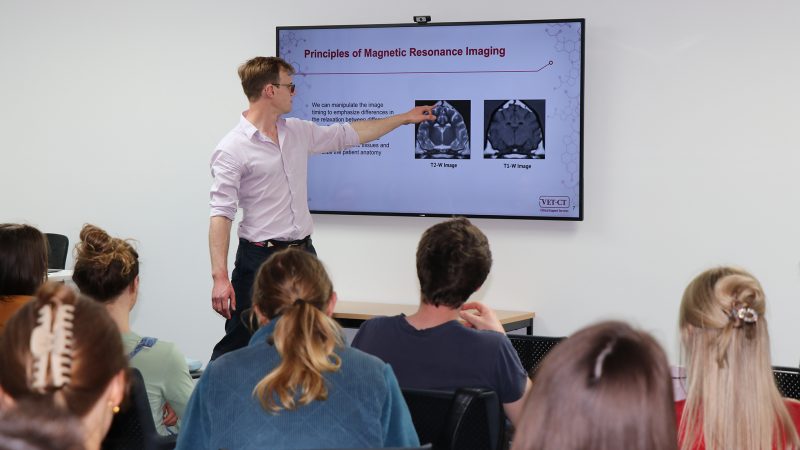MLA champions new NI vet school despite report proposing alternatives

A report commissioned by DAERA on the supply of veterinary professionals to service Northern Ireland’s needs has stopped shy of recommending a purpose-built facility.
However, the Strategic Investment Board does s say there is a need to address concerns over the supply of vets with the regions estimated to need 126 more to meet demand.
Rather than establish a school – which the SIB says would cost approximately £75.000 to put each student through – it suggests other ways of addressing the skills shortage should be examined.
Northern Ireland remains the only part of the UK without a specialist vet school and Ulster University’s Coleraine campus had been suggested as a potential location, working in partnership with Queen’s University.
There is one vet school in the Republic with a second likely to be open long before Northern Ireland gets a first.
East Londonderry MLA Claire Sugden has said a vet school in Coleraine would ensure the agricultural industry’s future needs are met and reduce “brain-drain” to GB.
The report also highlights Northern Ireland’s reliance on UK, Ireland and EU-trained vets.
Independent MLA Claire Sugden, below, who has long advocated for a vet school for Northern Ireland, said Northern Ireland needs to ends its reliance on people who have trained elsewhere “filling the vacancies we have”.
“Our biggest economic sector – agriculture – is reliant on there being enough vets to do checks and assessments of livestock. A growing trend of small pet ownership, such as dogs and cats has also put more pressure on the vets we have currently,” the East Londonderry representative said.
“It has been my belief for some time that a vet school would be best situated at the Coleraine campus of the University of Ulster, with its more rural setting and with courses it has lost to other campuses not having been adequately replaced.

“Students from Northern Ireland who want to become vets must either travel to another part of the UK – where at least one course exists in each of England, Scotland and Wales – Dublin or Europe.”
“Often, these students do not come back to work in Northern Ireland, perpetuating the brain-drain that has existed for generations.
“These courses, however, as identified in the report, predominantly attract students from higher socio-economic backgrounds, and graduates from these courses have less interest in working in mixed farm practices – exactly the kind of positions that are needed in Northern Ireland to support our biggest industry of agriculture.”
She added that a Northern Ireland-based course would enable local students to study more cheaply, potentially attracting those with a farming background or a specific interest in the industry.
“The report was unable to assess the future demand for services – partly due to the absence of a workforce strategy for the veterinary sector.
“But with companion pet ownership having boomed in recent years, and increased testing for export meat products, it seems likely that demand will increase.
“With new restrictions on EU workers – where a quarter of our current vets were trained – likely to only get more strict in the wake of Brexit, we cannot simply hope that enough vets move to, or move back to, Northern Ireland.
“With a Northern Ireland-based course – at the ideal location in Coleraine – students would be able to study close to home in a field they are both interested in and which the industry here requires.
“I look forward to further research on this topic, but this report, I believe, goes a long way towards advocating for this.”
Since 2014 the number of local students in Britain has risen from 150 to 265, but many are not returning to work in Northern Ireland.
The SIB suggests alternatives to building a new school could include DAERA working to ensure guaranteed places for NI students at universities in the Republic of Ireland and across the UK, using lay-testers (non-vets) for TB testing which already happens in England and making better use of trained vet nurses.







